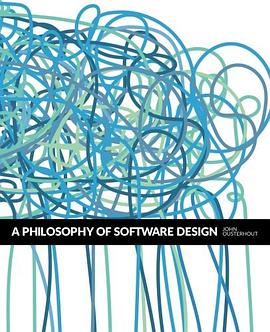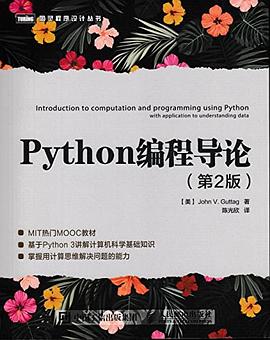

具体描述
This book addresses the topic of software design: how to decompose complex software systems into modules (such as classes and methods) that can be implemented relatively independently. The book first introduces the fundamental problem in software design, which is managing complexity. It then discusses philosophical issues about how to approach the software design process, and it presents a collection of design principles to apply during software design. The book also introduces a set of red flags that identify design problems. You can apply the ideas in this book to minimize the complexity of large software systems, so that you can write software more quickly
用户评价
##复杂度
评分##提供了一些新的视角,有借鉴意义。
评分##引用最后一章第一句话:This book is about one thing: complexity。虽然标题里带有"philosophy",但其实书里介绍的大部分内容还是挺直觉。关于异常和注释的两章反而让我收获最多
评分##全英文的还是啃完了,佩服自己。
评分##模块划分是一门艺术。这不是一本讲述了严格规则的书,每个人看过之后可能都会有所得,但能拿走多少就看个人悟性。你可以不同意这本书的很多理念,但不能否认它的启发性。
评分##复杂度
评分##神书,开发人员必读书籍,尤其是前半本,字字珠玑。9.5
评分##赞????
评分##神作啊。简直字字珠玑。
相关图书
本站所有内容均为互联网搜索引擎提供的公开搜索信息,本站不存储任何数据与内容,任何内容与数据均与本站无关,如有需要请联系相关搜索引擎包括但不限于百度,google,bing,sogou 等,本站所有链接都为正版商品购买链接。
© 2026 windowsfront.com All Rights Reserved. 静流书站 版权所有




















